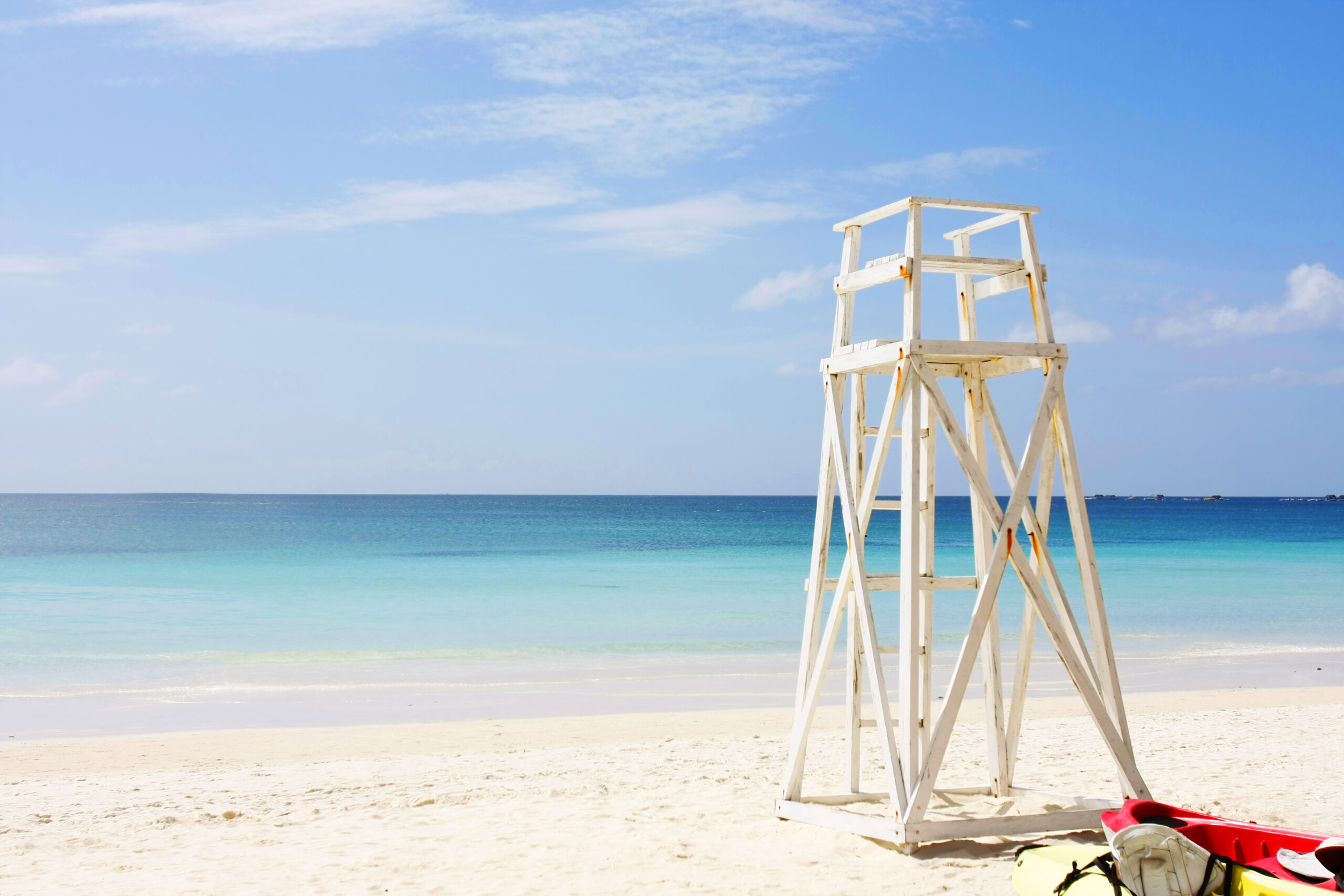Stroke survivors may have difficulty with fine motor skills that can make simple tasks like dressing, grooming, bathing and bathroom trips difficult. Caregivers can help assist with these tasks to help patients feel less frustrated and greatly help family members with this exhausting responsibility.
Professional caregivers are often the first people to notice that a patient may be having a stroke and the actions they take to identify the stroke and get help can be lifesaving.
Signs of a stroke and what to do.
An easy way to remember the signs of a stroke is the acronym F-A-S-T:
F: Face Drooping: Does one side of the face droop or is it numb? Ask the person to smile.
A: Arm Weakness: Is one arm weak or numb? Ask the person to raise both arms. Does one arm drift downward?
S: Speech Difficulty: Is speech slurred, are they unable to speak, or are they hard to understand? Ask the person to repeat a simple sentence like, “The sky is blue.” Is the sentence repeated correctly?
T: Time to get to a Hospital: If the person shows any of these symptoms, even if the symptoms go away, get them to the hospital immediately.
What causes stroke? There are several types of strokes. The most common are: A hemorrhagic stroke is when a brain aneurysm bursts or a blood vessel in the brain leaks. An ischemic stroke is when a blood vessel to the brain is blocked by a blood clot. Transient Ischemic Attacks (TIAs) are “mini-strokes,” when brain blood flow stops only briefly. These are caused by blood clots.
Who is most at risk? Women are more likely to have a stroke than men. African Americans are at higher risk than Caucasians. Other risk factors can be managed, reduced, or prevented entirely. For instance, Individuals with blood and circulatory diseases, like diabetes or arterial disease, are at greater risk. Those with unhealthy lifestyles, especially obesity or lack of exercise, are also more likely to have a stroke.
For more information about the services provided by home health aides, contact Bayshore Home Care
sources:
www.stroke.org/en/about-stroke/types-of-stroke

